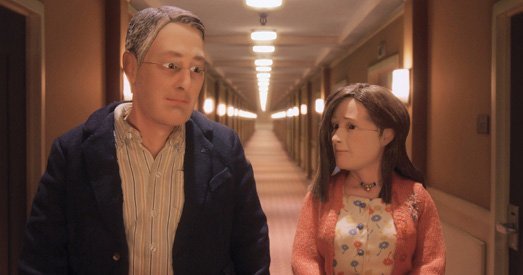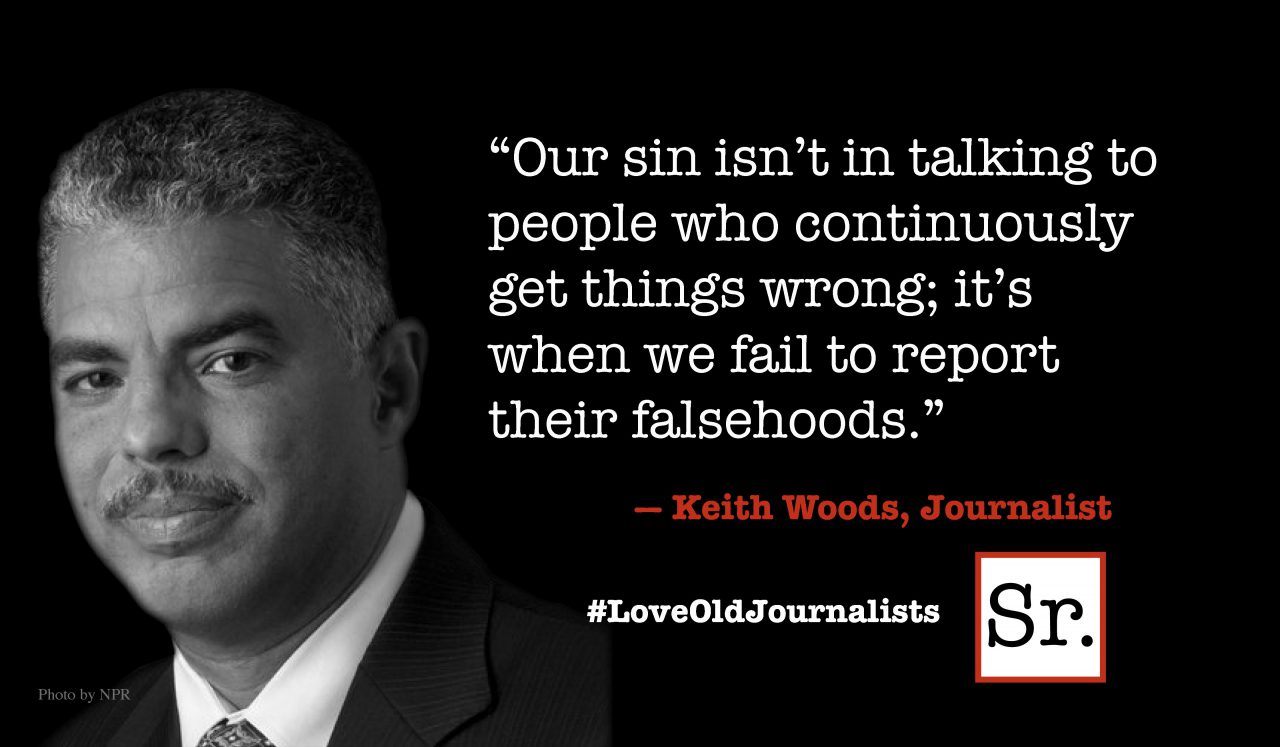Plenty of movies pack an emotional wallop. Lots of movies deftly employ bleak humor. And cinematic eroticism is nearly as old as film itself.
But to find all of those things going on in an animated release…well, that’s a whole new thing.
Charlie Kaufman’s “Anomalisa,” one of this year’s Oscar nominees for best animated feature, is a psychological study executed with humanoid puppets that have been animated one frame at a time to give the illusion of life.
But it’s not played for laughs; rather it’s the cry of a man coming apart at the seams. Or of a world sinking into a desultory sameness.
The first thing we hear is the growing babble of dozens of voices. They’re talking about mundane stuff and quickly accelerate into a wall of incomprehensible noise.
Michael Stone (voiced by David Thewlis) is a middle-aged passenger on a Cincinnati-bound airplane. A motivation speaker and author, he’s the keynote guy for a convention of customer service employees from throughout Ohio.
As he deplanes and makes his way to his cold, impersonal hotel we realize that everyone in Michael’s world — hotel employees, waitresses, actors on TV, the night clerk at a porno shop — speaks in the same voice (that of veteran character actor Tom Noonan). Or at least so it seems to Michael, who may be going mad.
(It takes a while to notice, but with the exception of Michael and Lisa, all the characters — of whatever sex — have the same face. The hair and clothing is different, but the features are the same.)
Once in the hotel Michael calls his former girlfriend Bella, who agrees to meet him for a drink and ends up screaming at him (again, in the voice of Tom Noonan) for his betrayal a decade earlier.
Just when it seems that things couldn’t get any weirder, Michael hears a distinctive female voice. It belongs to Lisa (Jennifer Jason Leigh), who is attending the convention with her friend and co-worker Emily.
Lisa is nervously chatty (always saying to herself “Shut up, Lisa”), physically shy, and frets about the facial scar she tries to cover with her hair. She’s childlike and given to big enthusiasms and sorrowful self-recrimination.
She’s just an average person — except, of course, to Michael, to whom her distinctive voice and appearance make her a blessed anomaly. That’s why he begins calling her Anomalisa. That’s why he declares his love and his belief that they must never part.
Which leads to the saddest and most achingly erotic sex scene of any recent film. Featuring, of course, puppets.
It shouldn’t work. It shouldn’t move us so. But it does.
Author Kauffman, who here co-directs with Duke Johnson, has long aired his dour outlook on life in films like “Being John Malkovich” and “Eternal Sunshine of the Spotless Mind.”
“Anomalisa” is more of the same, but through some alchemy that’s hard to describe the use of puppets to express his paranoid attitude is devastatingly effective.
Had this movie been shot conventionally with a human cast it probably would be too much angst for most of us to shoulder. But the puppets are a stage removed from reality and perhaps that allows us to embrace an attitude that otherwise would be just too damn depressing.
The animation is hugely effective, with the puppets going through their paces on uber-realistic sets. Carter Burwell’s beautifully mournful musical score provides just the right underpinning.
“Anomalisa” is plenty weird — too weird for meat-and-potatoes moviegoers. But those with an adventurous streak are encouraged to step up for a strange and oddly beautiful experience.









